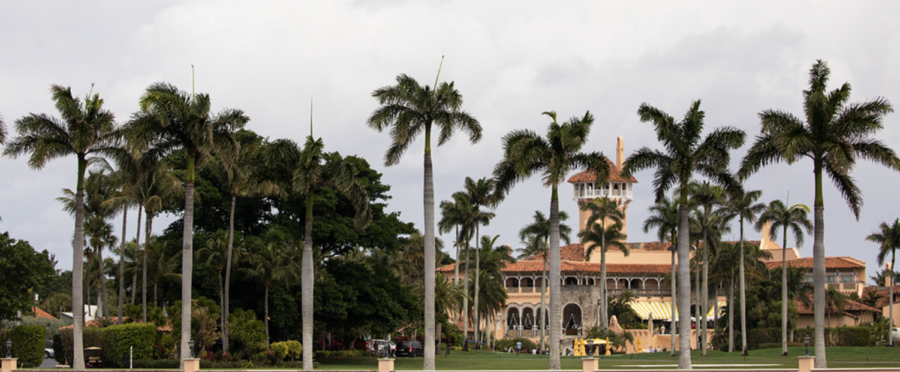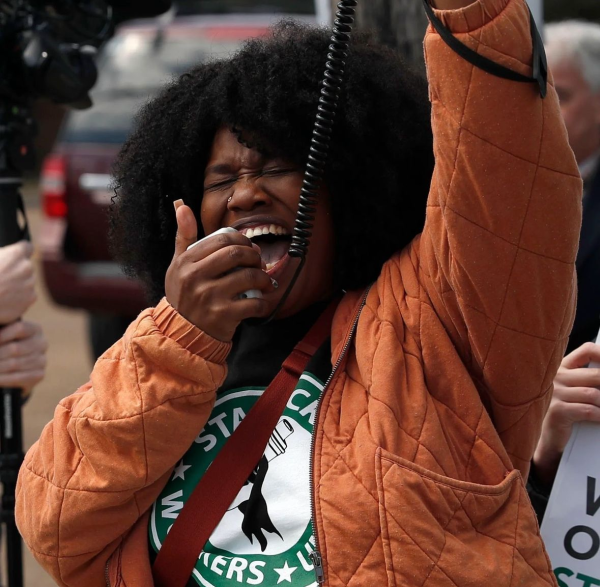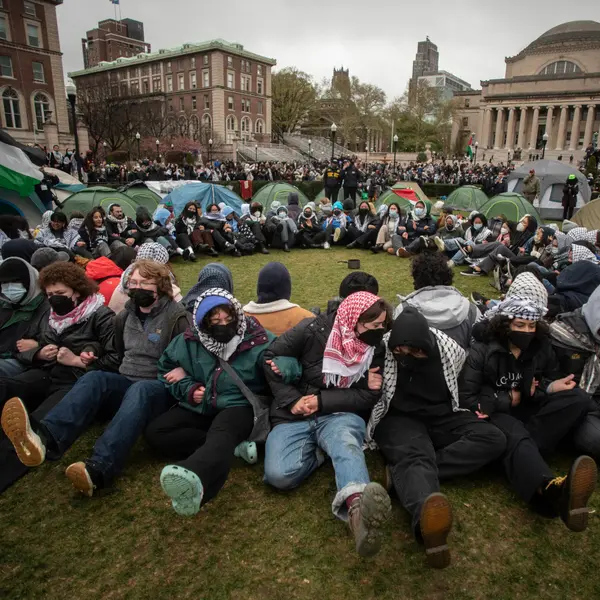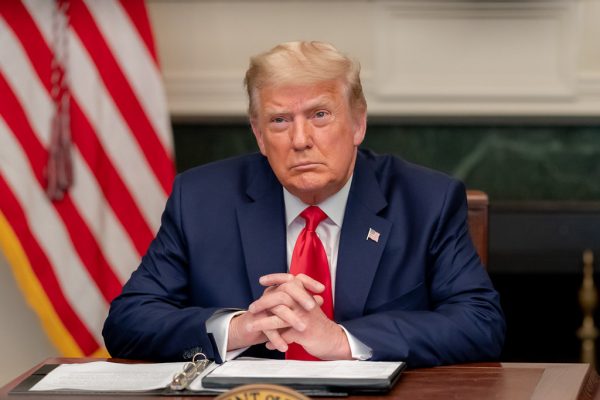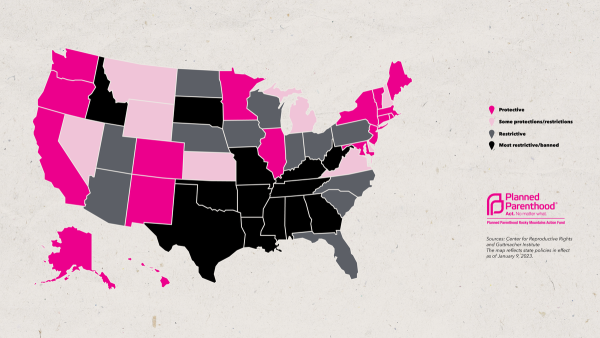FBI search of Mar-a-Lago
Photo by Courtesy of Creative Commons
A photo of Trump’s Mar-a-Lago Club in Palm Beach, Florida.
October 5, 2022
On August 5th, the Federal Bureau of Investigation was granted a search warrant to raid Donald Trump’s estate at the Mar-a-Lago club in Southern Florida. Three days later, they retrieved over 11,000 government documents. Boxes and folders (including many marked top secret, classified, confidental, and return to staff secretary/military aide) were confiscated from Donald Trump’s office, Melania Trump’s closet, and the family’s storage spaces.
Drew Jacobson, a politically-engaged senior at LFA, said, “I am appalled and in shock that over 11,000 documents were found,” and that he fears such a “breach of national security” in the United States.
Evan Corcoran, Trump’s lawyer, publicly claimed that Trump was unaware that classified documents were included with shipments in the move from Washington D.C. to Mar-a-Lago. In opposition, Mick Mulvaney, one of Trump’s former chiefs of staff, claimed that the documents were “not accidentally moved anywhere” on a CNN special last month.
On social media, Trump teased that he believes the Department of Justice has infringed upon his 4th amendment rights. His lawyers backed this claim in their lawsuit, stating that the raid was an attack on “the clear frontrunner in the 2024 General Election, should he decide to run,” and that “politics cannot be allowed to impact the administration of justice.”
Filipp Velgach, a history teacher at LFA, said that “even during a Democrat-leaning FBI administration, they raided Hilary Clinton and found all of the emails” and weren’t afraid to “tackle their own candidate.” The FBI raid was about showing their commitment to their “responsibilities to the nation at large.”
The Department of Justice released a statement remarking that the evidence indicated that “efforts were likely taken to obstruct the government’s investigation.” This alleged obstruction of justice is just one of the many charges that Trump could face.
Once reviewed, the findings could be used as evidence in the many cases against Trump, including those regarding the January 6th insurrection, 2020 election fraud, and national security breaches. He is expected to face Fulton County Georgia District Attorney Fani Willis as her request for a grand jury was just approved in a 2020 election interference case.
Velgach said that this is about, “trying to prevent him from legally being able to run for public office” rather than trying to put Trump in jail. He went on to say, “It’s important for his opposition not to now see him come to power and wield that kind of influence that he did over millions of people.”
Lastly, it is important to note that since these events, there has been a significant increase in civilian threats against federal agents. In August, an armed man, who was also involved with the January 6th insurrection, attempted to breach the Cincinnati FBI office.

